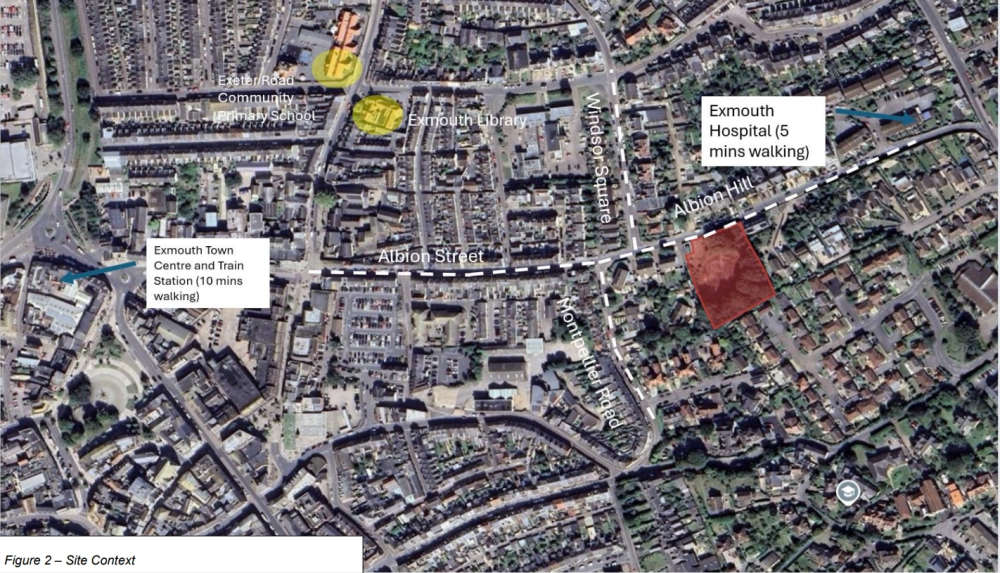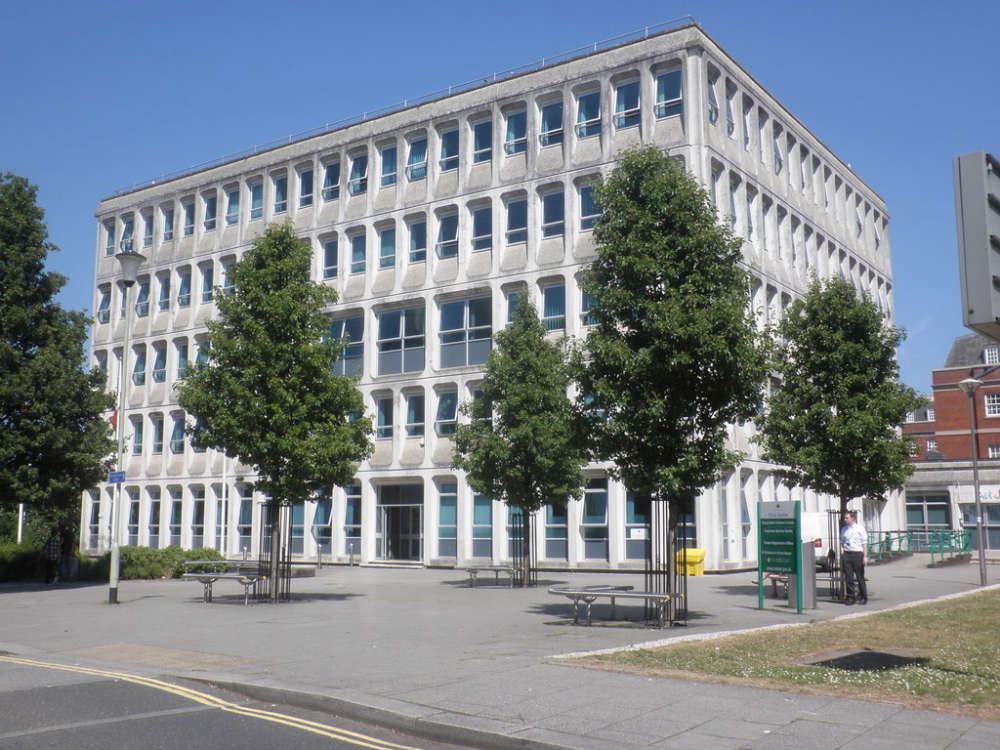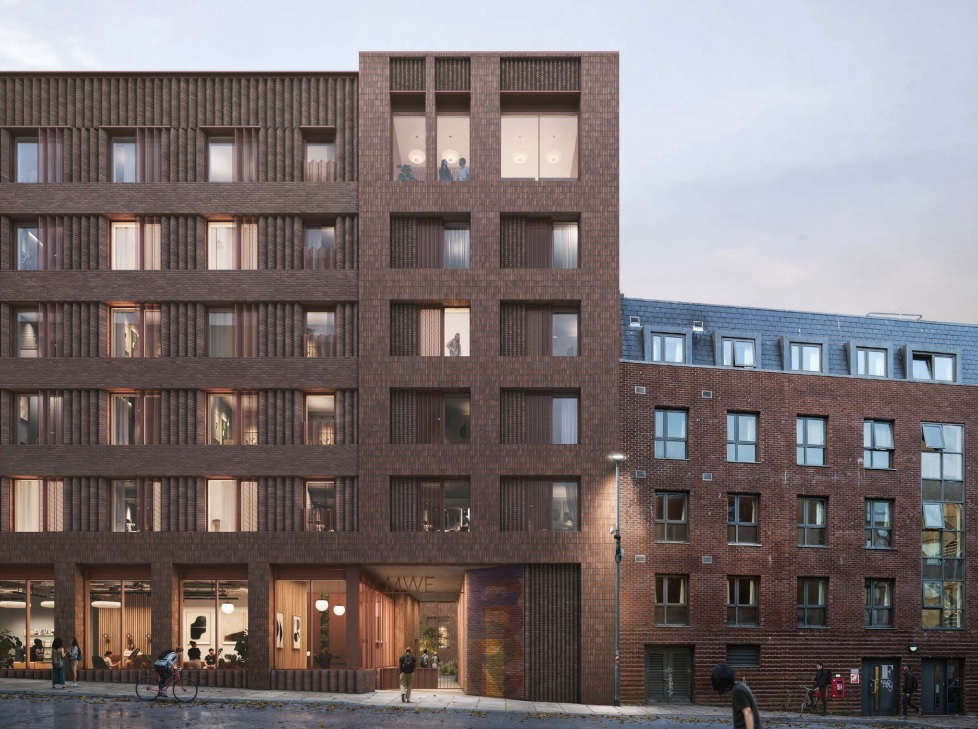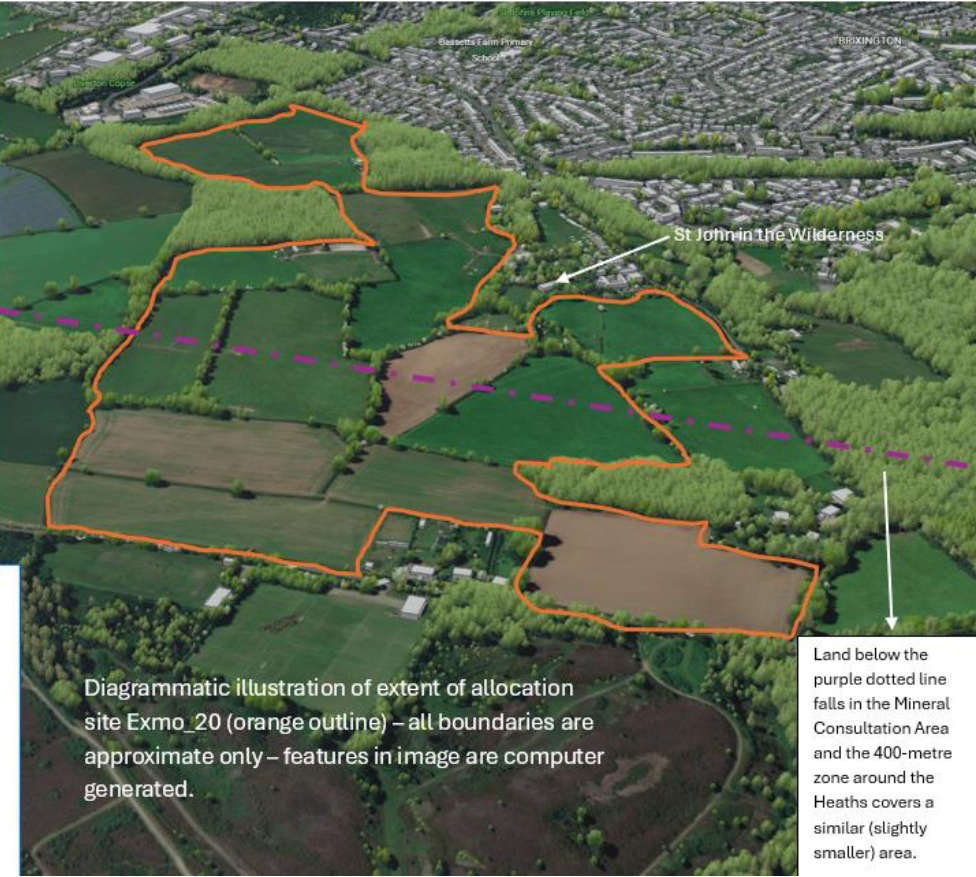
The dimming and switch-off times of Exeter’s street lights could be revisited at the end of a county-wide trial after pressure from city politicians.
Three Exeter-based councillors issued a plea for the city’s street light regime to be revisited when a 12-month trial across the county concludes at the end of March.
The trio also called for Devon County Council, which is running the trial, to engage with groups in Exeter, such as businesses, safety groups and the university.
The current 12-month dimming trial started in April after a previously successful six-week pilot in a handful of specific locations across Devon.
This led to three dimming and switch-off regimes, with Exeter’s street lights being on the longest before being dimmed, followed by market towns and then rural areas.
Of the county’s more than 80,000 street lights, more than 66,000 are connected to a central management system that technically allows them to be individually controlled.
Main roads are not part of the trial and street lights on those are only switched off during daylight, and are dimmed by a smaller amount than street lights in the trial.
Exeter’s street lights are dimmed between 9:30pm and 00:30, while in market towns dimming occurs between 8:30pm and midnight, and from 7pm through to midnight in rural areas.
Lights are off in all areas after the dimming period ends until 5:30am, when they are again illuminated at a dimmed level for one hour until 6:30am.
“We have a large workforce in Exeter that works during the night, such as staff at the Royal Devon & Exeter hospital, and other places, and while lighting on the main roads isn’t part of the trial, people live off of the main roads and so may feel difficulty getting home, so I wonder whether dimming is a better position for a longer period rather than a total switch-off,” Councillor Michael Mitchell (Liberal Democrat, Duryard & Pennsylvania said).
His fellow Exeter member, Councillor Andy Ketchin (Green Party, St David’s & Haven Banks) welcomed the dimming trial as it meant Devon was “ahead of the curve”, but asked whether the county council had “engaged the business community in Exeter”.
“Ultimately, safety is as much about perception as reality, and if people perceive a risk, that changes their behaviour irrespective of whether there is reported danger,” he said.
“I think we need to manage the perception with feedback from groups in Exeter.”
And Councillor Thomas Richardson (Green Party, St Sidwells & St James), said a survey conducted three years ago showed that more than 85 per cent of women in Exeter felt unsafe walking along in the city centre.
“Probably not much has changed in the three years since, but it is good to know that the violence against women and girls advocate and the police have been consulted on this dimming trial, but it could be good to engage with the university’s student guild to get their view too,” he said.
Councillor Dan Thomas (Liberal Democrat, South Brent & Yealmpton), the cabinet member for highways, said there was “absolutely a commitment to revisit Exeter”.
He added that the different requirements of the city had already been catered for because it had its own dimming and switch-off regime that was different to other areas in the trial.
“Initially there were only two regimes but the previous administration felt it important to recognise the night time economy of Exeter so a third specific regime was created for the city,” he said.
“That could be tweaked though if you don’t feel it is right for the city’s communities, but we have worked with the university on establishing safe walking routes via specific funding for safer streets.”
Cllr Thomas said the council was not actively seeking public feedback on the trial, noting that few people were able to notice that the lights were dimmed, and when members of the public contacted the council about it, they often were incorrect in terms of when they thought dimming occurred.
Cllr Thomas added that the trial had the full support of the emergency services, and that residents’ safety remained the priority.
He also urged against what he called an “illuminated tapestry” of street light dimming and switch-off times across Devon. While around 80 per cent of Devon’s street lights can be controlled individually from a central system, he said he preferred a clear system that had only a few regimes instead of different times for a plethora of communities.
The council estimates it has saved £270,000 running its street lights during the trial.
In 2015/16, the county council’s street lighting system used around 31 million kWh of electricity, but by 2023/24 this figure had reduced to just 12 million kWh. On current energy prices of approximately £0.27 per kWh, this equates to an annual revenue saving in excess of £5 million, the council said.

 Exeter’s Buddle Lane gas upgrade project progresses well
Exeter’s Buddle Lane gas upgrade project progresses well
 Exmouth community champion to be honoured at Palace of Westminster
Exmouth community champion to be honoured at Palace of Westminster
 One week left to have your say on Local Plan and Heritage Strategy consultations
One week left to have your say on Local Plan and Heritage Strategy consultations
 Double apartment block plan for old gas works in Exmouth
Double apartment block plan for old gas works in Exmouth
 Opponents unite to demand Exeter elections
Opponents unite to demand Exeter elections
 Student homes block will replace former Exeter nightclub
Student homes block will replace former Exeter nightclub
 Campaigners push for more opposition to mammoth 700-homes plan in Exmouth
Campaigners push for more opposition to mammoth 700-homes plan in Exmouth
 Exmouth WW2 bomb removed from Exmouth marina and taken out to sea for detonation
Exmouth WW2 bomb removed from Exmouth marina and taken out to sea for detonation












